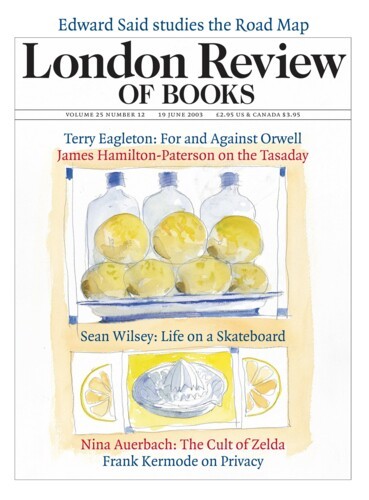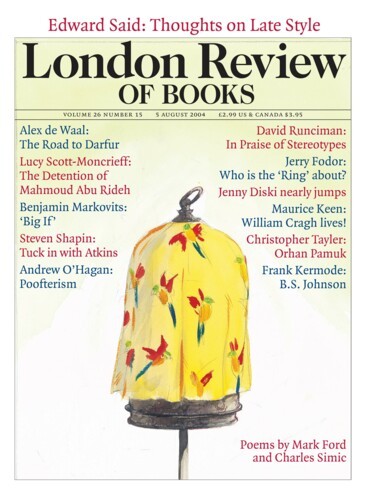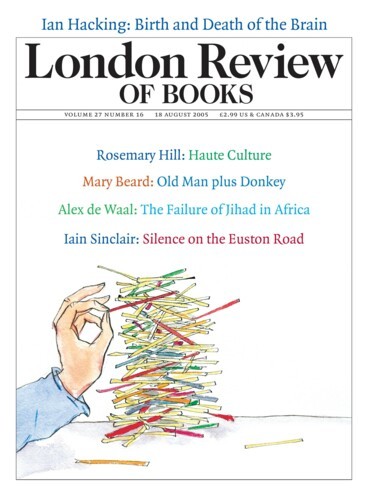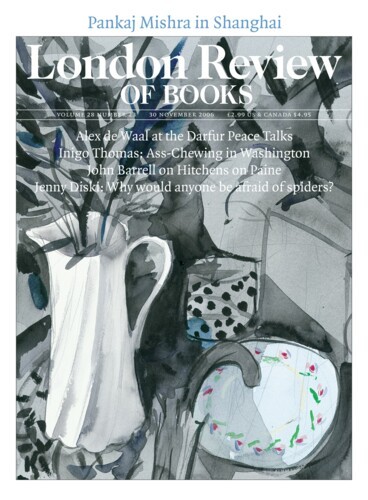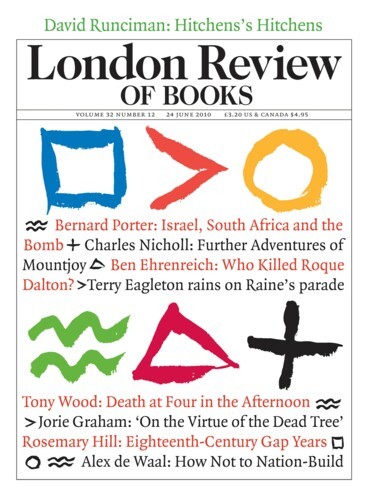The Unwritten Sociology of HIV: The War on Aids
Alex de Waal, 19 June 2003
The first anecdotal evidence that Aids-related illness and death were contributing to a crisis in African farming came in the mid-1980s; the first consultants’ reports and academic studies were completed by about 1990. But even the international agencies that sponsored these studies, including the Food and Agriculture Organisation and the Department for International Development,...
